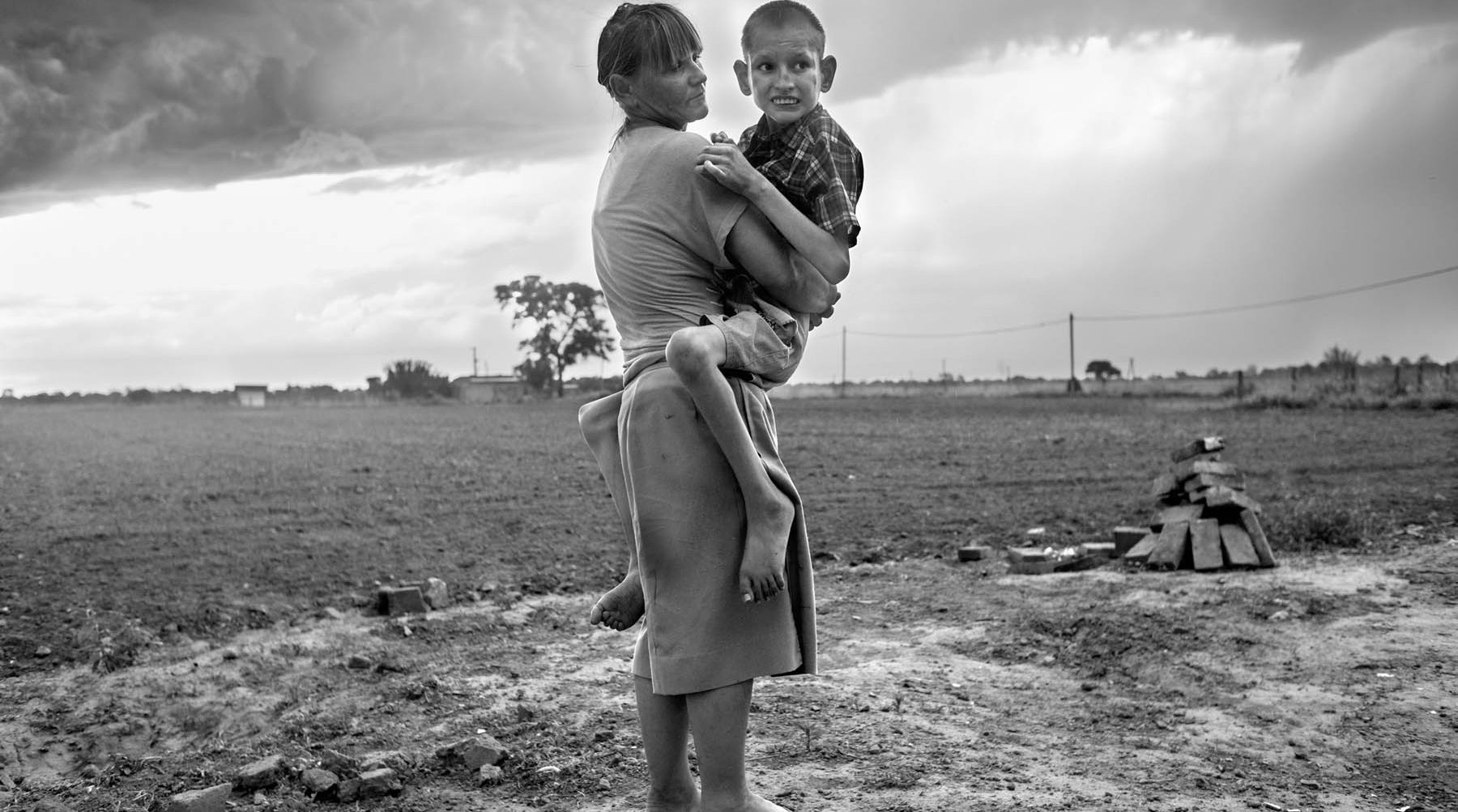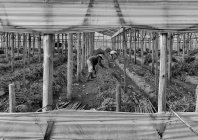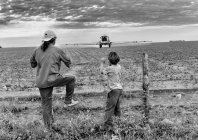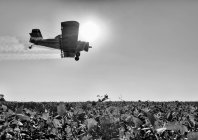
Stories of a Wounded Land
Alvaro Ybarra Zavala
Getty Images Reportage
“Stories of a Wounded Land” provides documentary evidence of a complex issue affecting people around the world and the planet itself: agribusiness, a business that is global in scale, extending, for example, from a local producer in Latin America or an African tribe to large corporations and consumers in the developed world.
Such large-scale food production generating high profits will soon move into its second decade. Biotechnology has developed genetically modified seeds for plants that are resistant to agrochemicals, simplifying planting and harvesting work, but the practice has now been questioned because of possible effects on human health.
“Stories of a Wounded Land” is a project exploring the consequences of this farming model and endeavoring to find an answer to a question that has never been dealt with in any serious, calm discussion: Is agribusiness a solution to world hunger, or is it simply poisoning the world?
Preview






Agribusiness involves a number of critical issues such as public health, government policy, human rights, land ownership, the environment, multinational corporate interests, and the advances of science applied to the food industry.
Adverse effects are caused by pesticides such as the herbicide glyphosate and other agrochemicals banned in the European Union, but still approved for use in many countries, including Argentina and Brazil, two major food-producing nations. The entire production model has now been challenged. Official statistics show an increase in the prevalence of cancer and birth defects in areas where the pesticides are sprayed.
The biotech agribusiness model requires more and more farmland, and many hectares of arable land come from previously uncultivated areas, including parts of the Amazon forest. Land claims can lead to conflict and violence with competition for land ownership between rural communities, indigenous peoples and producers.
When new farming practices and crops are introduced, traditional crops disappear as transgenic varieties take over. The phenomenon is occurring virtually unnoticed, while announcements are made reporting record harvests in countries that have adopted the new production model of single-crop farming.
*Alvaro Ybarra Zavala *
Report:
Argentina: October, November, December 2012, and March, April, May 2014 Brazil: July 2013






